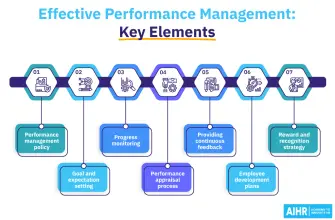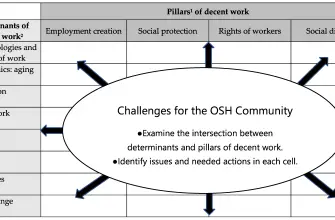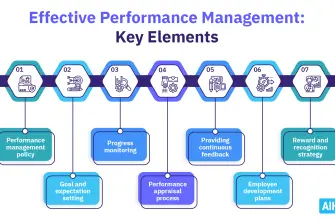In today’s globalized world, businesses are increasingly operating across multiple locations, and employees are often required to be mobile and flexible. This is where the concept of a mobility clause comes into play. A mobility clause is a term in an employment contract that allows employers to change the employee’s place of work. Understanding and implementing an effective mobility clause can be a complex process, but it is crucial for employers to ensure business continuity and adaptability. This guide will delve into the mobility agreement meaning, what is the mobility clause, and how to implement it effectively.
Understanding the Mobility Clause
A mobility clause is a provision in an employment contract that allows an employer to require an employee to work at a different location temporarily or permanently. This clause gives employers the flexibility to respond to changing business needs and circumstances. However, it’s essential to understand that the implementation of a mobility clause must be reasonable and fair to the employee.
Key Elements of a Mobility Clause
While the specifics of a mobility clause can vary, there are some common elements that most mobility clauses should include:
- Scope: The clause should clearly define the geographical scope within which the employee may be required to work.
- Notice: The clause should specify the amount of notice that the employer must give before requiring the employee to change their place of work.
- Support: The clause should outline any support, such as relocation assistance or travel expenses, that the employer will provide to the employee.
- Duration: The clause should indicate whether the change in location is temporary or permanent.
Understanding the Mobility Agreement Meaning
The mobility agreement is a formal document that outlines the terms and conditions of an employee’s mobility. It is typically used when an employee is required to relocate for work purposes. The mobility agreement meaning encompasses the understanding between the employer and the employee regarding the terms of the relocation, including the duration, location, and any support provided by the employer.
Importance of a Mobility Agreement
A well-drafted mobility agreement is crucial for several reasons:
- It provides clarity and certainty for both the employer and the employee.
- It helps to manage the expectations of the employee and reduce the potential for disputes.
- It provides a legal framework that protects the rights and interests of both parties.
Implementing a Mobility Clause
Implementing a mobility clause requires careful planning and communication. Here are some steps to guide you through the process:
1. Drafting the Clause
Ensure that the mobility clause is clear, specific, and reasonable. It should clearly define the geographical scope, notice period, support provided, and duration of the change. It’s advisable to seek legal advice when drafting the clause to ensure it complies with employment laws.
2. Communicating with the Employee
Before implementing the mobility clause, communicate with the employee about the change. Explain the reasons for the change, how it will affect them, and what support will be provided. This open communication can help to alleviate any concerns the employee may have and foster a positive working relationship.
3. Implementing the Change
Once the employee has agreed to the change, provide them with a written mobility agreement outlining the terms of the change. Ensure that the employee understands the agreement and has the opportunity to seek independent advice before signing it.
4. Providing Support
Support the employee during the transition period. This could include providing relocation assistance, covering travel expenses, or offering flexible working arrangements. Providing support can help to ease the transition for the employee and increase their job satisfaction and productivity.
Conclusion
Understanding and implementing an effective mobility clause is crucial for employers in today’s globalized business environment. It provides flexibility for the employer while also protecting the rights and interests of the employee. By following the steps outlined in this guide, you can ensure that your mobility clause is fair, reasonable, and effective.








